Table of Contents
- Astronomy Lab: Exploring the stars with young scientists
- Labkafe’s Astronomy Lab: Exploring the Planetarium
- Shubanshu Shukla: Inspiring young minds towards space
- How an Astronomy lab becomes the gateway to outer space
- How Astronomy Lab Sparks the Young Minds
- The Future aspects of the Astronomy lab in Indian schools
- Labkafe’s role in modernising Astronomy
Imagine a classroom full of students teaching about the outer space in an Astronomy lab, replacing textbooks with telescopes to study galaxies, constellations, and celestial bodies. In this era, where science serves as the gateway to the future for many young astronomers, the mysteries of heavenly bodies, astronaut rockets, and constellations are no longer distant textbook concepts but are vividly discussed through space science with the aid of a telescope. With the Labkafe’s Astronomy lab initiative and the inspiration drawn from the distinguished former Indian Air Force officer who turned a space enthusiast, who has been empowering young minds, supporting hands-on experience and practicality, the future of emerging stars will finally align.
Labkafe’s Astronomy Lab: Exploring the Planetarium
Labkafe, a leading turnkey provider of scientific instruments and furniture in India, has spread the vision of an enlightened future where every student gains access to hands-on, world-class science education by modernizing classrooms across India. An astronomy-equipped lab with an environment to foster curiosity and understanding about space exploration is designed to be integrated into schools of varying lab space and budgets. This includes all the instruments from the telescope to the planetary system at a secondary level.
Shubanshu Shukla: Inspiring young minds towards space
From a curious child to a proud adult, everyone surges with the emotion of pride and gratefulness when hearing about Captain Shunbanshu Shukla, his journey to space, and return to Earth, which makes the impossible to reach. His contribution and commitment have sparked renewed interest in the hearts of many students towards space science.
Who is Shubanshu Shukla?
Group Captain Shubanshu Sukla, an elite pilot of the Indian Air Force, recently set his path towards Space, soaring beyond the skies he once patrolled. He has been handpicked as one of the four astronauts for ISRO’s efficacious Gaganyaan mission, which recently came back to earth after spending 18 days in the International Space Station (ISS) along with his Axiom Mission 4 (Ax-4) crew members.
Inspiring the Next Gen with Science and Space learning
Captain Shukla’s journey from the Indian Air Force to a space traveller, and the second Indian astronaut after Wing Commander Rakesh Sharma. who went to space in 1984, inspires many young imaginations and makes the cosmos feel within reach. In his recent interview with our honourable Prime Minister, Shri Narendra Modi, Shukla emphasizes by stating, “Never give up on your dreams! India needs you.” This statement is intended for all young citizens, as India is undergoing significant development and expansion. In India, his stories will gear up the astronomy lab through interactive open discussions and demonstrations by standing in the astronomy lab and getting hands-on experience, seeing their dreams reflected in someone who once stood at the same place.
How an Astronomy lab becomes the gateway to Learn about Outer Space
The Astronomy lab is a Laboratory dedicated to outer space and space science, a collection of telescopes and other instruments, which will become a launchpad for the students to understand the upcoming higher studies like cosmology, outer space, and Space science in simple ways. This Lab is dedicated to young minds, so they can explore space mystically and engagingly. It simplifies the understanding by building the foundation for higher studies and raises curiosity & interest in space science.
How Astronomy Lab Sparks the Young Minds
Labkafe recently introduced astronomy-oriented labs, which have a unique way of capturing and turning the abstract textbook theories into visual models that foster a sense of learning and curiosity that often old, overrated classrooms lack. When the children imagine observing the craters of the moon, the motion of the planets, or the rings of Saturn through the telescope, they can begin to see the science deeply relevant, alive, and provable. The early introduction of cosmos at a young age helps to develop critical thinking, problem-solving skills, and a lifelong interest in scientific inquiry.
The Future aspects of the Astronomy lab in Indian schools
India has an extraordinary and exceptional history in the field of astronomical science. Scientists like Dr. Abdul Kalam, Wing Commander Rakesh Sharma, and Shubanshu Shukla have contributed their lives to the Astro science of India, but our schools often lack tools to connect with the legacy. To overcome this gap, Labkafe has introduced many projects with a vision to fulfill the gap by wider adoption in CBSE, ICSE, ISE, and state boards, active participation in science and astro Olympics, Interdisciplinary learning where students can deep dive into physics, chemistry, biology, maths and even literature by setting up astronomy, to get a greater and wider amount of knowledge.
Labkafe’s role in modernizing Astronomy
Labkafe is playing a pivotal role in building astronomy labs in every secondary-level school by bringing accessible, affordable, and curriculum-aligned astronomy labs to the forefront of education. To overcome the shortcomings between theoretical lessons and practical real-time experiments, Labkafe set up its astronomy labs in a way that allows students to learn, interact, and observe celestial forms in a hands-on-friendly environment. It can easily be set in both urban and rural schools as it is made up of durable materials without requiring any additional budget for labs.
Conclusion
As India advances in exploring every celestial form in space, with groundbreaking missions like Chandrayaan and Gaganyaan. The next generation may be interested in participating, if not contributing to, then learning about space exploration. This can be achieved by bringing all the outer space concepts and visualizations down to Earth through hands-on experiences.
Explore the Labkafe astronomy lab and delegate the students to gain knowledge about space science and its mysteries. Let’s inspire and motivate the Next Generation of scientists: “One telescope at a time!”
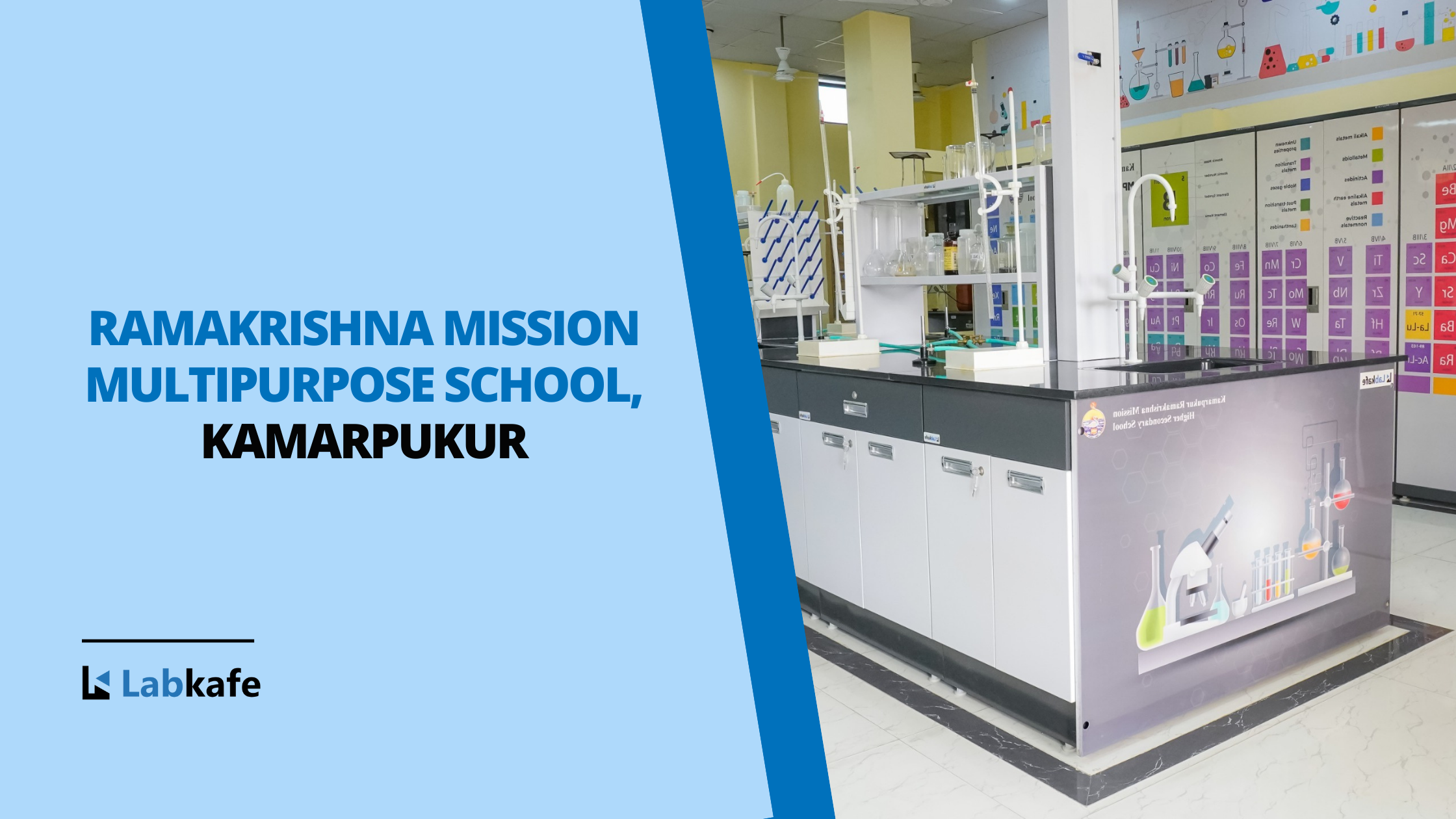
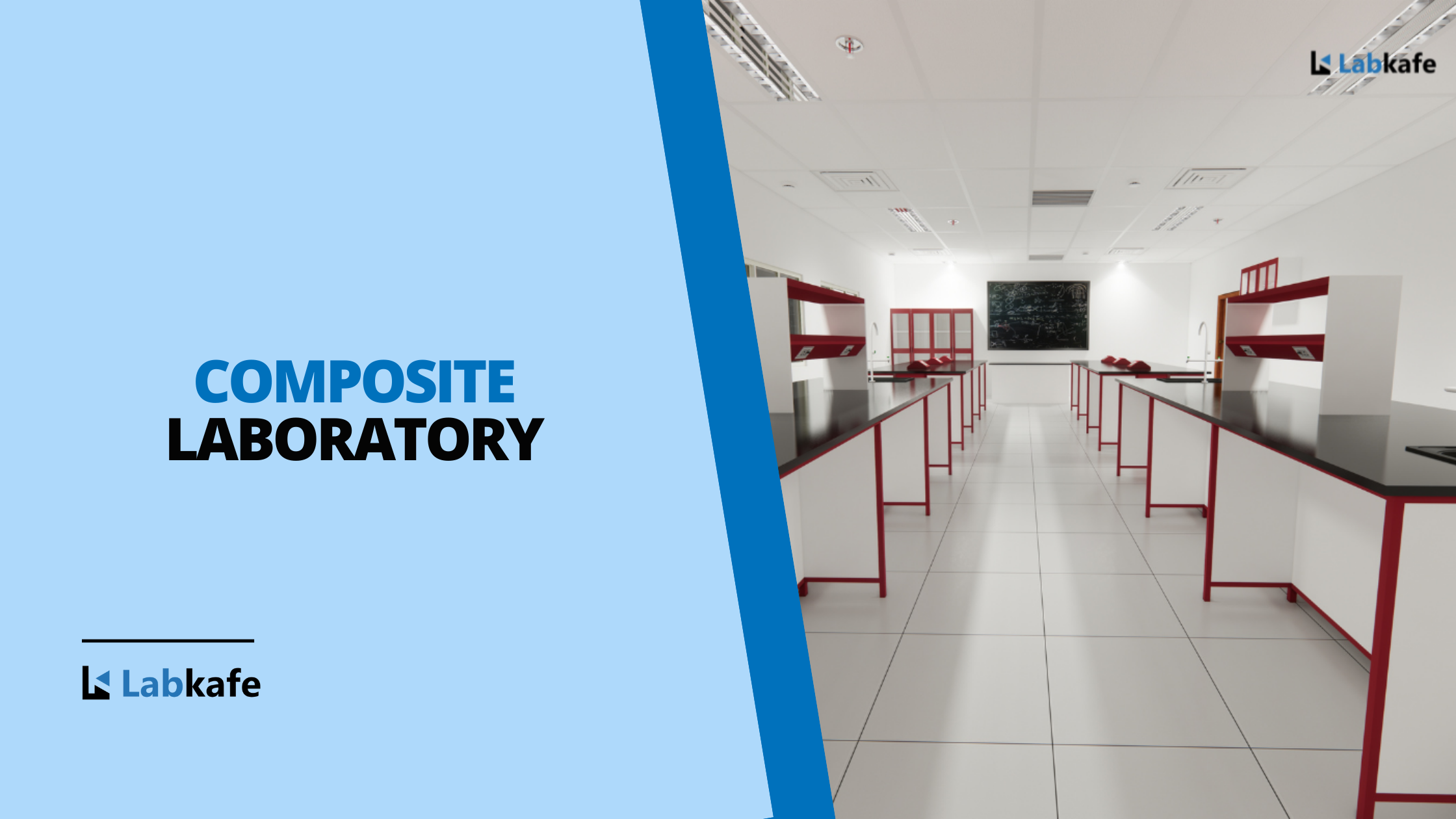

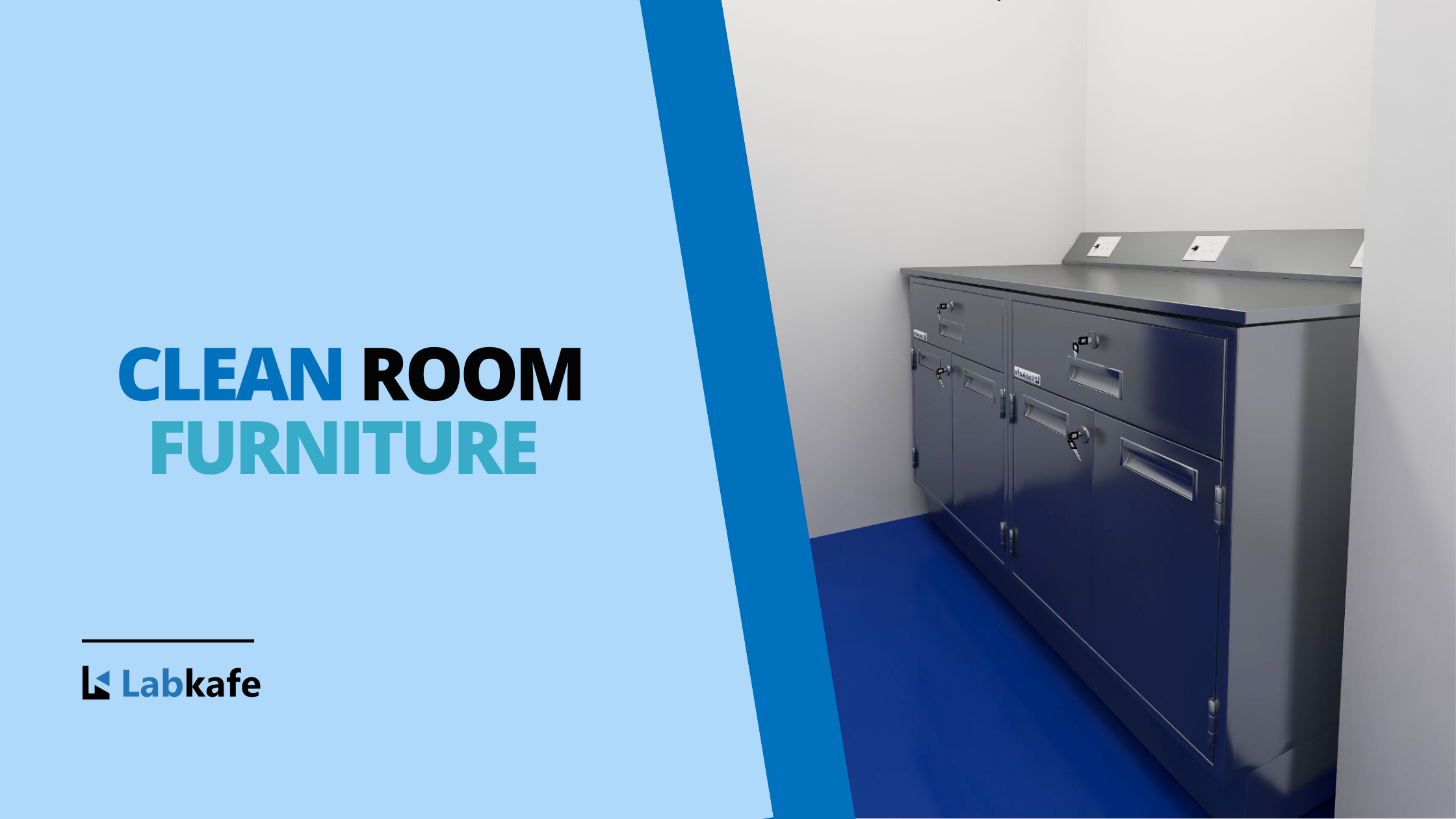
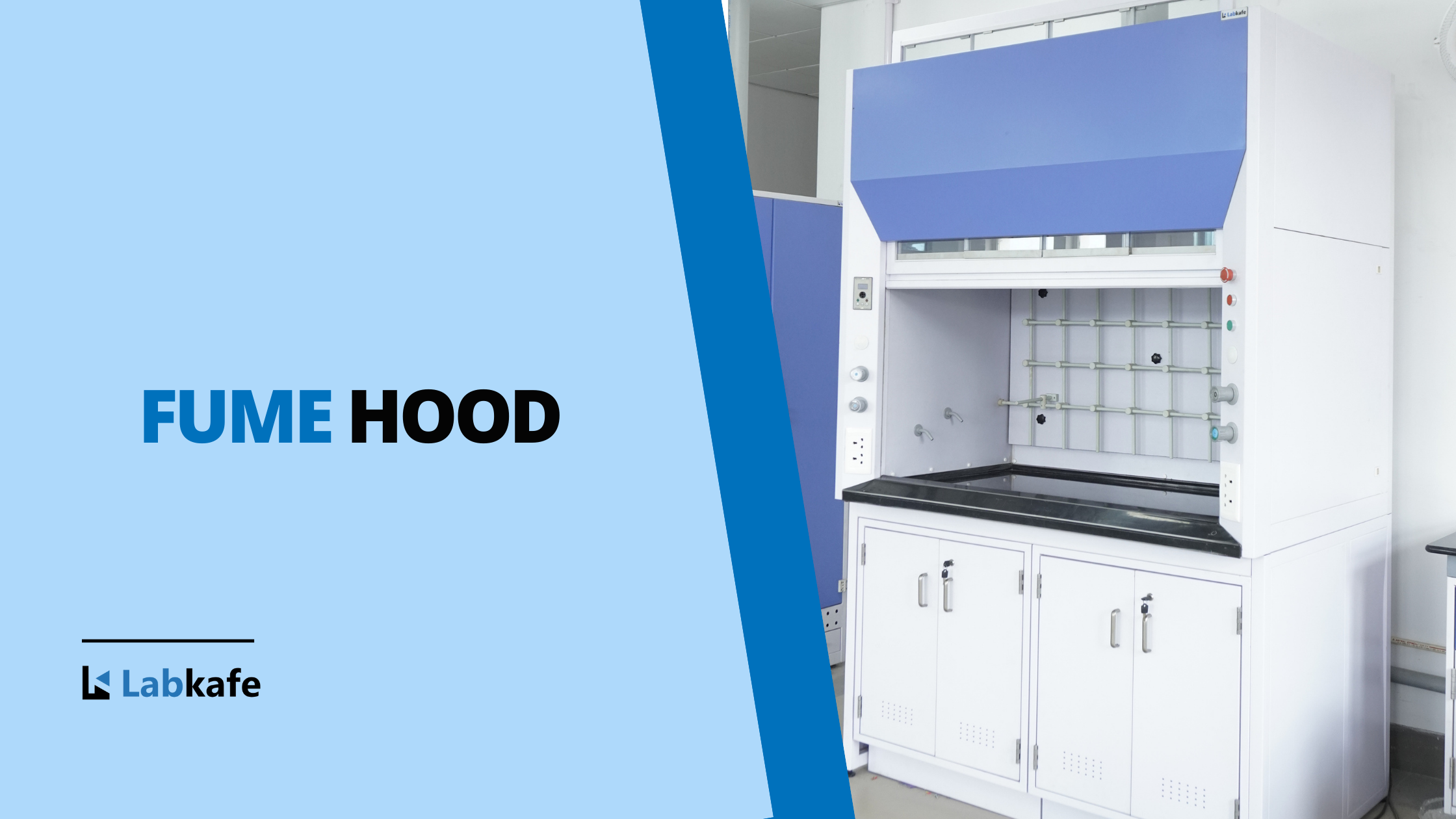
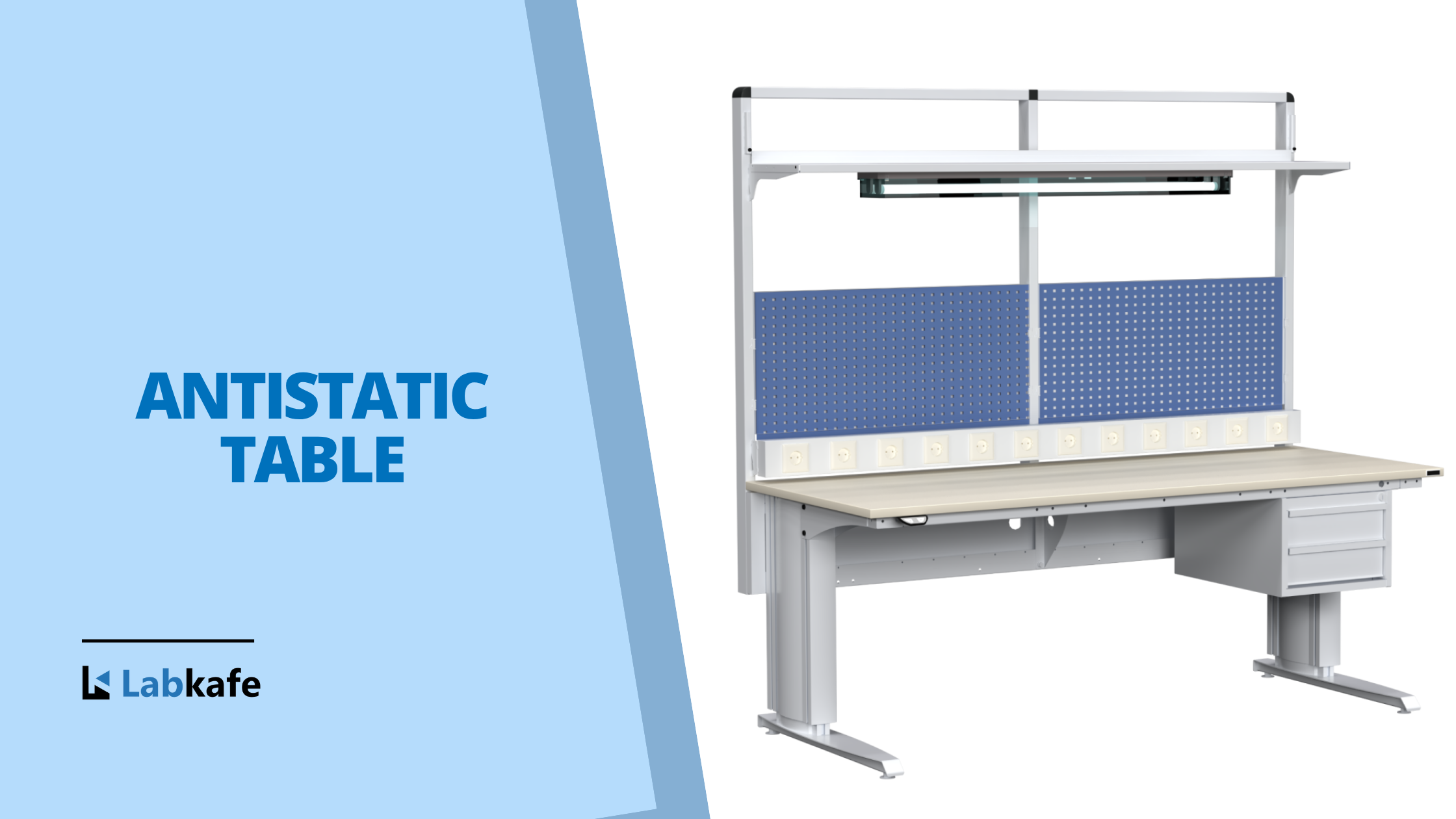


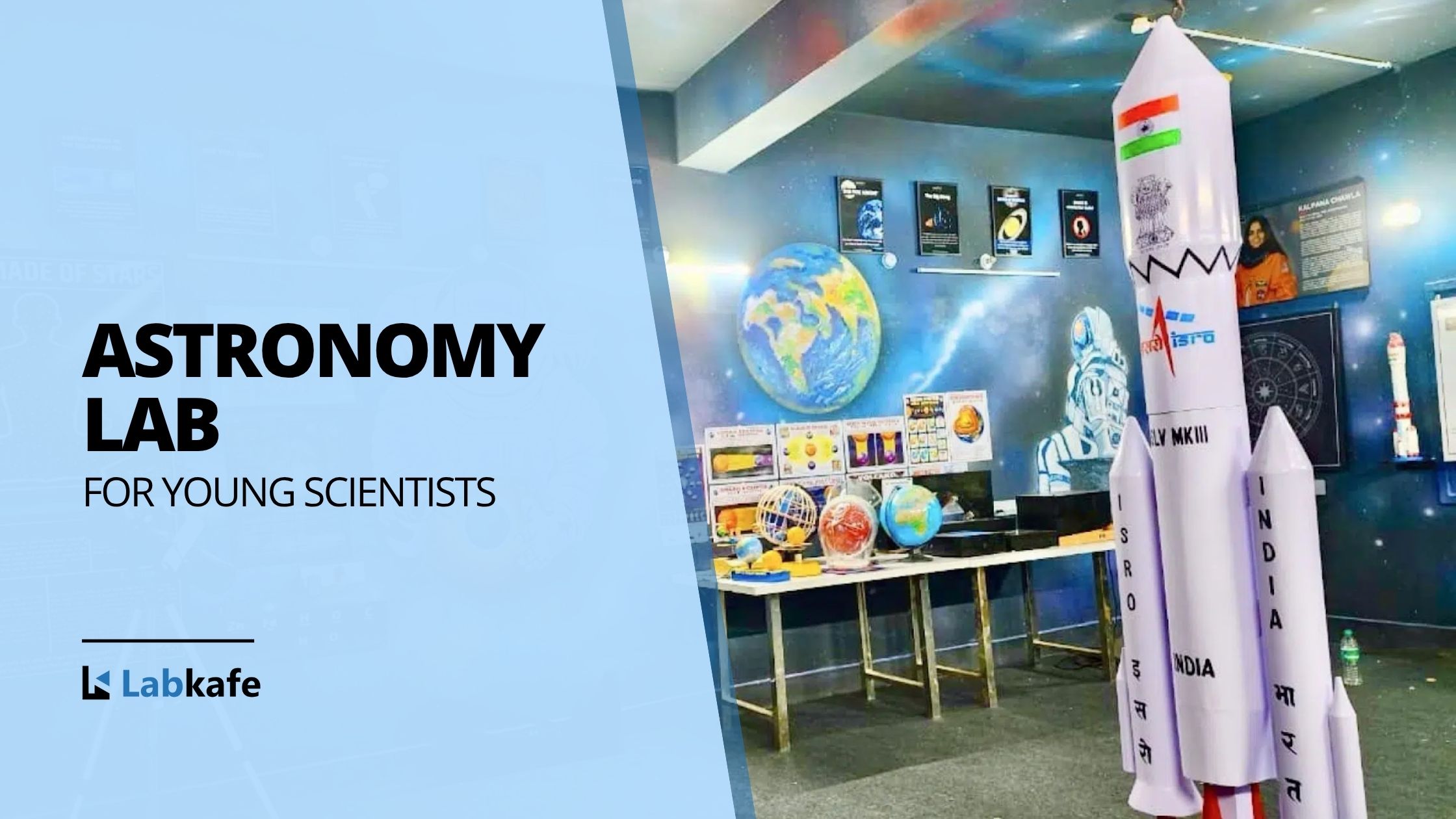
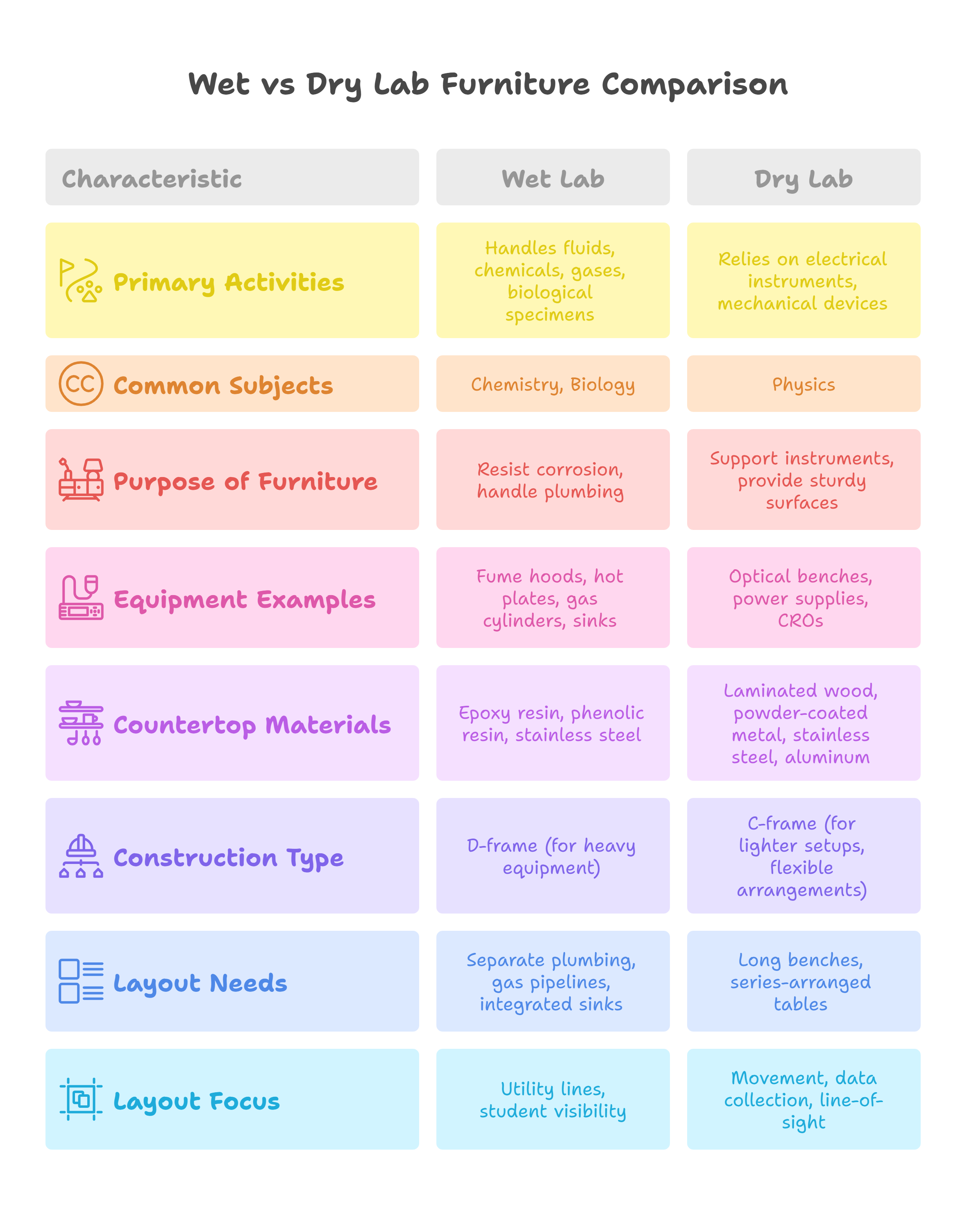
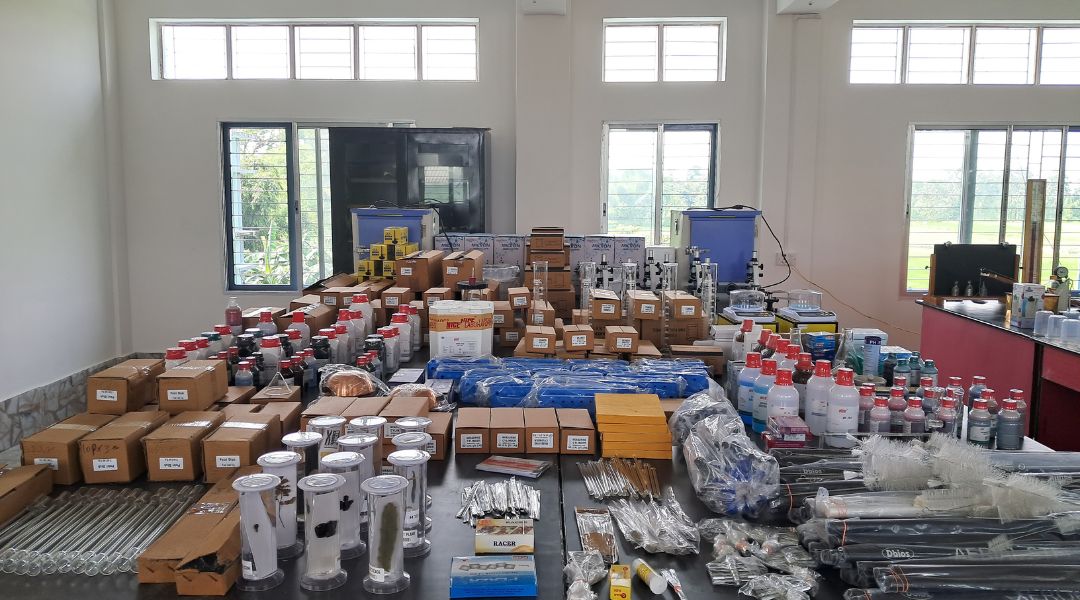
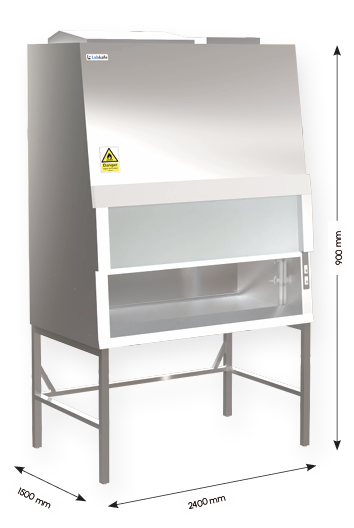
Leave a Reply